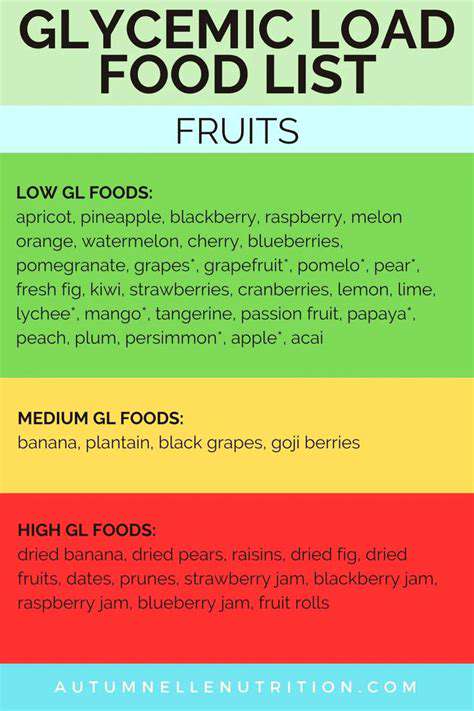Eating for Sustained Energy: No More Energy Crashes
Healthy Fats: The Unsung Heroes of Energy Management

Healthy Fats: Essential for Optimal Health
Healthy fats, often misunderstood and feared, are crucial components of a balanced diet. They play a vital role in various bodily functions, from hormone production and brain development to nutrient absorption and cell structure. These essential fats, unlike their saturated counterparts, are vital for maintaining overall well-being.
Incorporating healthy fats into your diet can contribute to improved cardiovascular health, reduced inflammation, and better cognitive function. Understanding the types of healthy fats and how to incorporate them into your daily meals is key to maximizing their benefits.
Types of Healthy Fats: Monounsaturated and Polyunsaturated
Monounsaturated fats, like those found in olive oil, avocados, and nuts, are known for their heart-healthy properties. They can help lower LDL cholesterol levels, and contribute to a healthy lipid profile, thus potentially reducing the risk of heart disease. These fats are also important for maintaining healthy skin and hair.
Polyunsaturated fats, including omega-3 and omega-6 fatty acids, are essential for brain function and cell development. They are found in fatty fish, flaxseeds, and certain vegetable oils. Omega-3 fatty acids, in particular, are recognized for their anti-inflammatory properties and potential benefits for mental health.
Sources of Healthy Fats: A Culinary Exploration
A wide variety of foods offer healthy fats. Avocados, with their creamy texture and rich flavor, are a delicious source of monounsaturated fats. Nuts and seeds, such as almonds, walnuts, and chia seeds, are excellent additions to salads, trail mixes, or yogurt. Olive oil, a culinary staple, is a great addition to dressings, marinades, or used for sautéing.
Fatty fish like salmon, tuna, and mackerel are rich in omega-3 fatty acids. These fish are also packed with other vital nutrients, making them a complete food source. Incorporating these foods into your diet can be both enjoyable and beneficial.
The Importance of Balance: Moderation is Key
While healthy fats are essential, it's important to maintain balance in your diet. Like all nutrients, excessive consumption can have potential downsides. Choosing a variety of healthy fat sources and maintaining a balanced diet is crucial for optimal health. Moderation is key to reaping the benefits without experiencing any negative consequences.
Too much of any fat, including healthy fats, can lead to weight gain. Following a balanced diet that includes a variety of healthy foods, including fruits, vegetables, lean proteins, and whole grains, alongside the appropriate amount of healthy fats, is important.
Benefits Beyond the Plate: Impact on Health
Beyond the immediate benefits of taste and texture, healthy fats contribute to many aspects of overall health. Maintaining healthy cholesterol levels and reducing inflammation are crucial for preventing numerous health issues. These fats are essential for cognitive function, supporting brain health and memory.
Healthy fats support hormone production and cell function. They are crucial for the absorption of fat-soluble vitamins like A, D, E, and K. These benefits highlight the importance of including healthy fats in a balanced and varied diet.











